 Published in 2020 by The Rosen Publishing Group, Inc. 29 East 21st Street, New York, NY 10010 Copyright 2020 by The Rosen Publishing Group, Inc. All rights reserved. No part of this book may be reproduced in any form without permission in writing from the publisher, except by a reviewer. Editor: Rachel Gintner Designer: Michael Flynn Photo Credits: Cover Mike Harrington/Taxi/Getty Images; cover, pp.. Cataloging-in-Publication Data Names: Honders, Christine.
Published in 2020 by The Rosen Publishing Group, Inc. 29 East 21st Street, New York, NY 10010 Copyright 2020 by The Rosen Publishing Group, Inc. All rights reserved. No part of this book may be reproduced in any form without permission in writing from the publisher, except by a reviewer. Editor: Rachel Gintner Designer: Michael Flynn Photo Credits: Cover Mike Harrington/Taxi/Getty Images; cover, pp.. Cataloging-in-Publication Data Names: Honders, Christine.
Title: The ties that bind us together: relationship building / Christine Honders. Description: New York: PowerKids Press, 2020. | Series: Spotlight on social and emotional learning | Includes glossary and index. Identifiers: ISBN 9781725306943 (pbk.) | ISBN 9781725306974 (library bound) | ISBN 9781725306950 (6pack) Subjects: LCSH: Interpersonal communication in adolescence--Juvenile literature. | Interpersonal relations in adolescence--Juvenile literature. | Friendship in adolescence--Juvenile literature.
Classification: LCC BF724.3.I55 H66 2020 | DDC155.519 --dc23 Manufactured in the United States of America CPSIA Compliance Information: Batch #CWPK20. For further information contact Rosen Publishing, New York, New York at 1-800-237-9932. Contents CHAPTER ONE YOUR RELATIONSHIPS Think about the people in your class. Who are your friends? Which people do you not get along with? Your friends are probably the people with whom you have common interests. For example, you likely joke and laugh about the same things. However, everyone encounters people they dont like or agree with.
A is a connection between two people. You probably have close relationships with people you love, such as your family and friends. You also have relationships with people you see often, such as your teacher, your neighbor, or maybe even your mail carrier. Forming good relationships with people helps us build strong, long-lasting friendships, and having good friends often makes us feel happy and secure. Building a good relationship also means knowing that even if you dont get along all the time, you can still figure out how to work together. 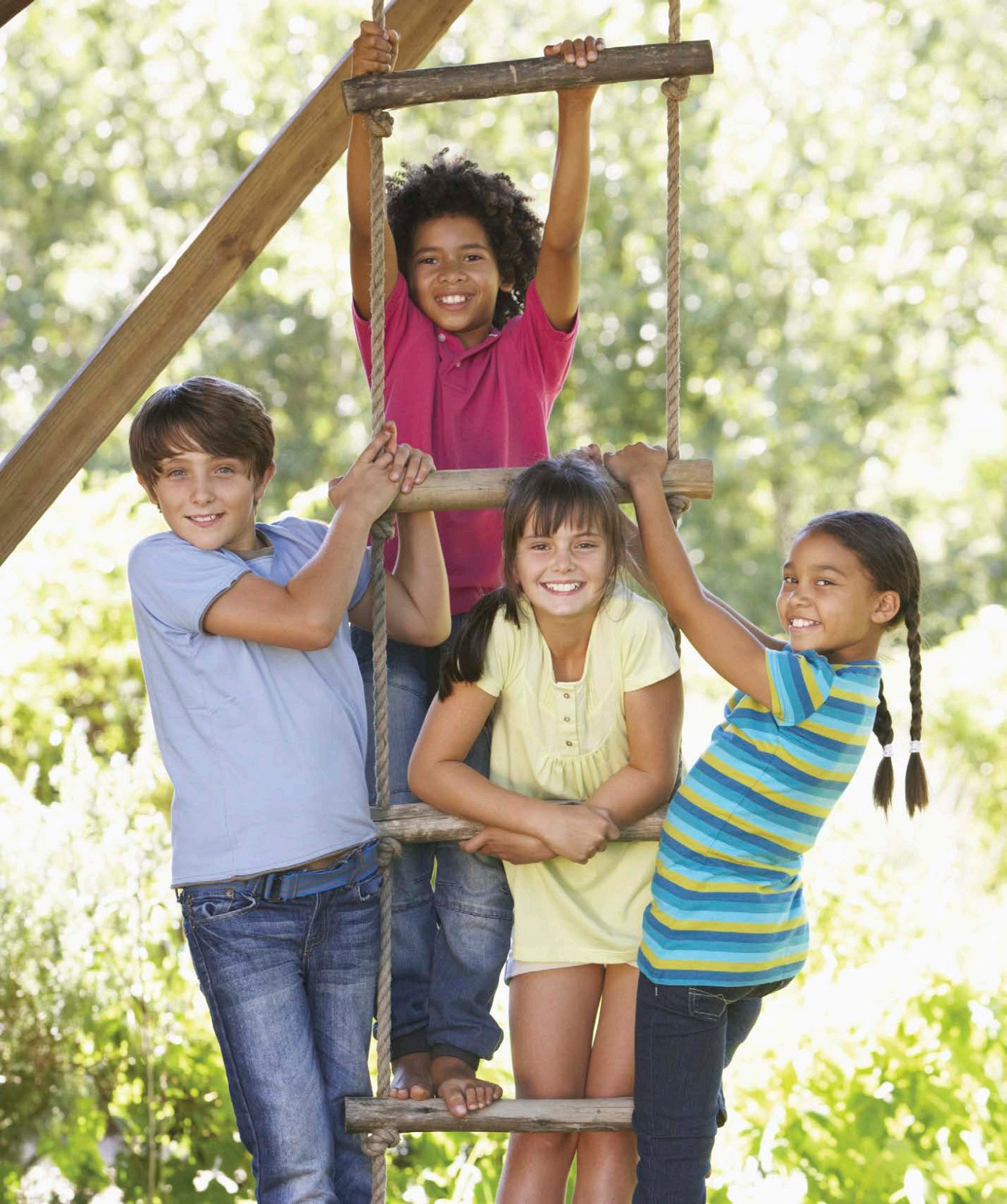 It takes everyones effort to make relationships strong.
It takes everyones effort to make relationships strong.
Working together is the best way forward. CHAPTER TWO BORN TO CONNECT From the moment babies are born, they want to connect with someone. They figure out whos around them very early in their lives. They recognize the face and smell of their caregiver. When they hear a warm, loving voice, they know its someone who will take care of them. When a caregiver picks a baby up and holds them gently, the babys learning that this person loves them.
A baby depends on their caregiver to treat them well. A bond and a sense of trust often form between them. 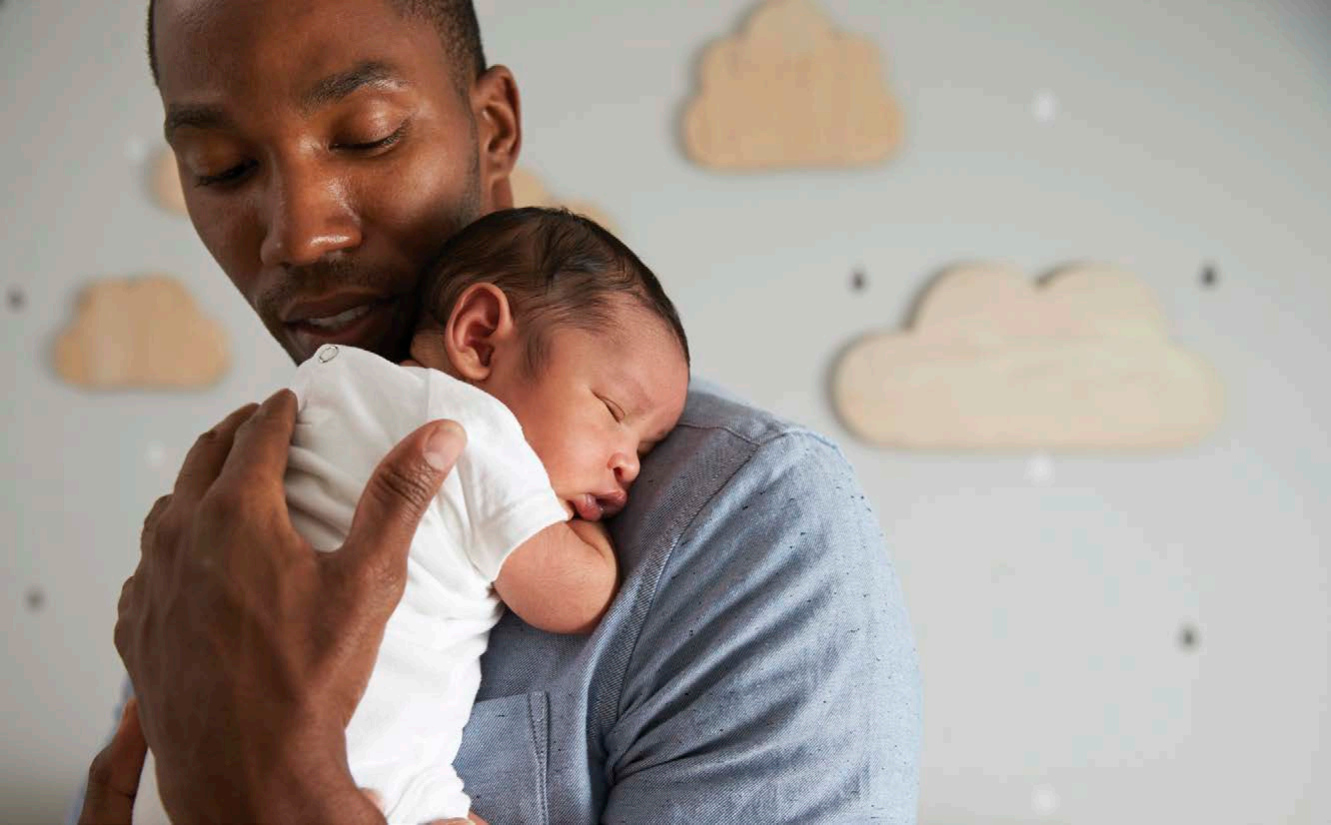
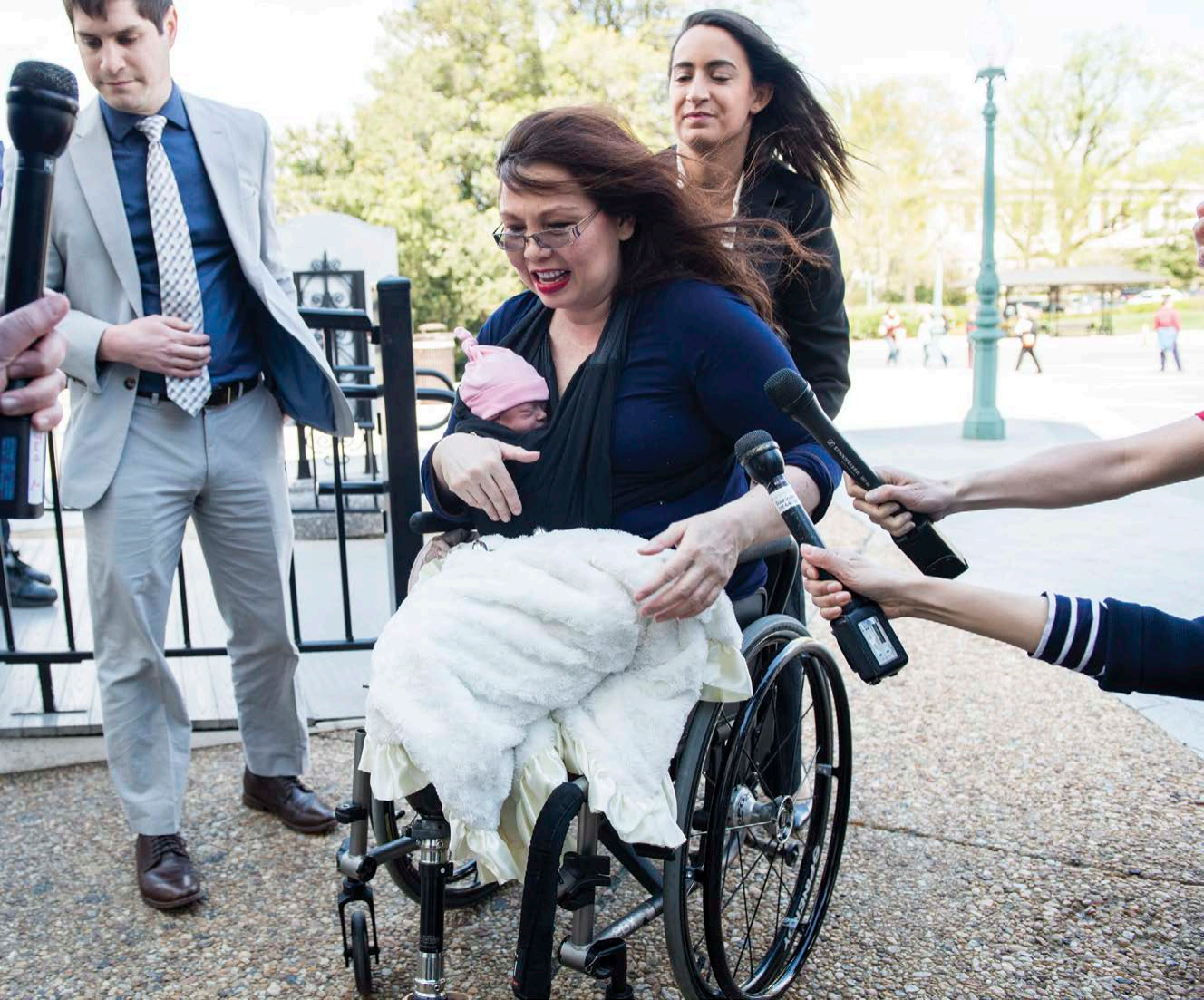 The more time a parent and baby spend together, the greater their bond becomes. In this photo, Senator Tammy Duckworth arrives with her newborn to cast a Senate vote on April 19, 2018. Babies also show love back to their caregivers. They smile when they hear a familiar voice.
The more time a parent and baby spend together, the greater their bond becomes. In this photo, Senator Tammy Duckworth arrives with her newborn to cast a Senate vote on April 19, 2018. Babies also show love back to their caregivers. They smile when they hear a familiar voice.
They may raise their arms to be picked up when they see them. Babies watch adults to learn how to treat others. When the adults around them are happy, helpful, and caring, babies often become that way too. CHAPTER THREE THE BUILDING BLOCKS As children, we usually learn to trust the people we love. If were lucky, we carry that feeling throughout our lives. Trust is one of the main building blocks in a relationship.
Trust means feeling in the other person. You understand that theyll always have your back and wont misdirect you. You feel safe with them. On the other hand, it can be hard to trust someone new, so its important to think about how you with new people. Are you both being honest? Are you there for each other? Another important building block is respect. Having respect means you think good things about a person and their .
Showing respect means letting other people know that you care about them and their feelings. It means treating people well and knowing that others have the right to look, think, or act differently than you.  Even if you dont like your parents rules, you follow the rules because you want to show your parents that you respect them. CHAPTER FOUR COMMUNICATION You cant have a relationship without good communication. Communication means sharing themselves.
Even if you dont like your parents rules, you follow the rules because you want to show your parents that you respect them. CHAPTER FOUR COMMUNICATION You cant have a relationship without good communication. Communication means sharing themselves. 
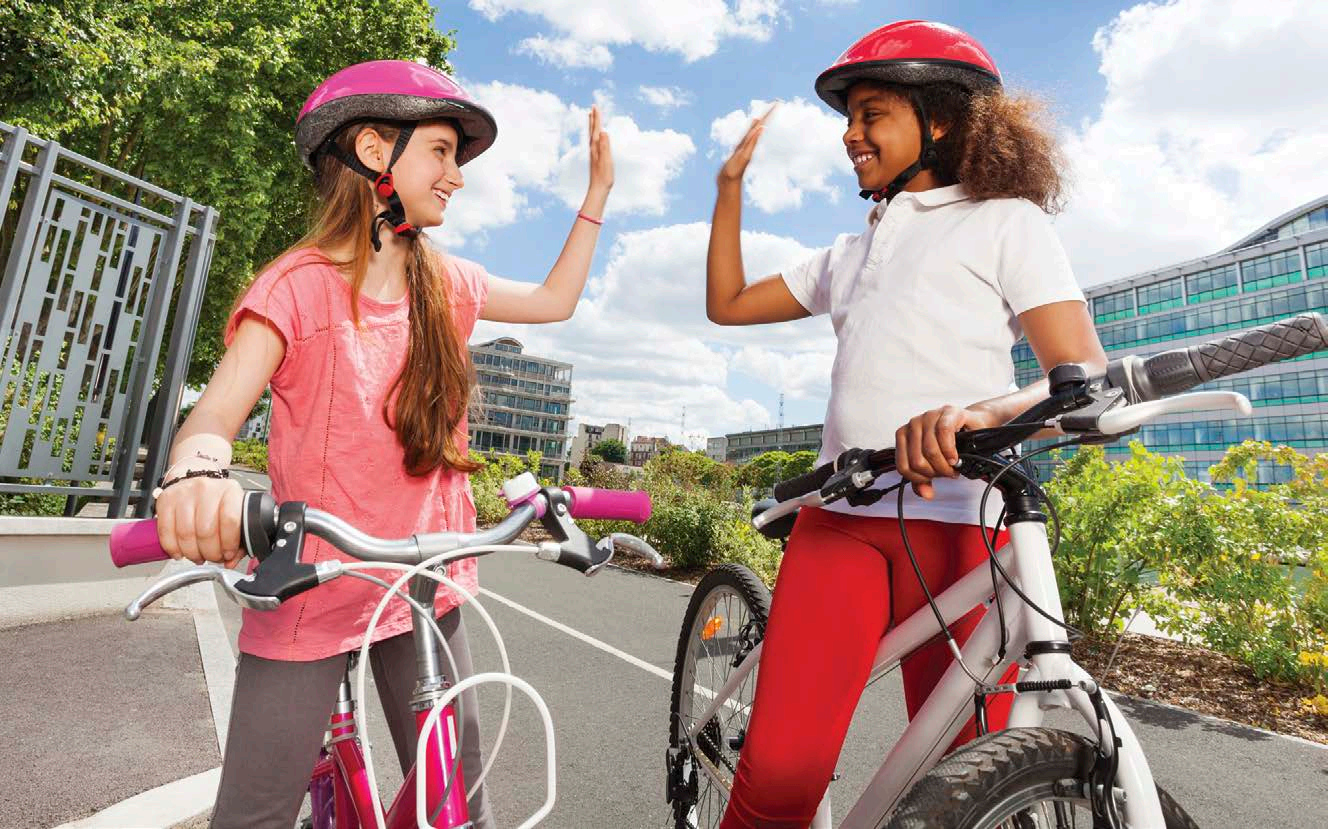 Compliments create a positive energy around people.
Compliments create a positive energy around people. 
 Compliments create a positive energy around people.
Compliments create a positive energy around people.
Theyre especially appreciated when theyre genuine, or real such as when you compliment someone for something thoughtful they did. Its hard to begin a with someone you dont know. Introducing yourself with a smile is a good way to start. You could invite a new person to join your friends in a game. You could ask them what they did over the weekend. Or, you might share something about yourself, such as, I went to basketball practice yesterday.
Do you play basketball? You may find out you like the same things. Giving a is also a good way to start. Complimenting someone on something they did well shows that you value them. CHAPTER FIVE GIVE-AND-TAKE When youre friends with someone, you want to give the other person things they need, such as love and support. But if the other person isnt giving back, it doesnt feel good. Good relationships are based on give-and-take.
In a friendship, you want to give the other person what they need because you care about them. If the other person respects and cares for you, theyll do the same thing. But if one of you takes more than you give, the relationship will have problems. For instance, if you see that a friend is sad, you might go and talk to them to make them feel better. You give them attention and a friendly ear. 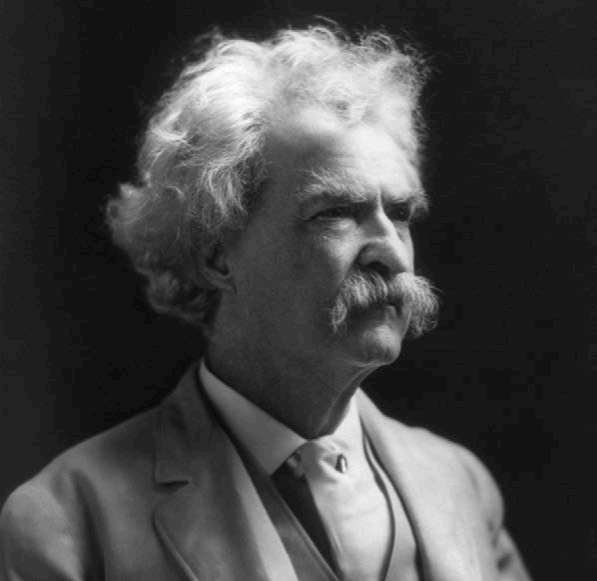 MARK TWAIN Helen Keller and author Mark Twain were great friends.
MARK TWAIN Helen Keller and author Mark Twain were great friends.  MARK TWAIN Helen Keller and author Mark Twain were great friends.
MARK TWAIN Helen Keller and author Mark Twain were great friends.
Keller said of Twain that he treated her like a real person and always listened to her. 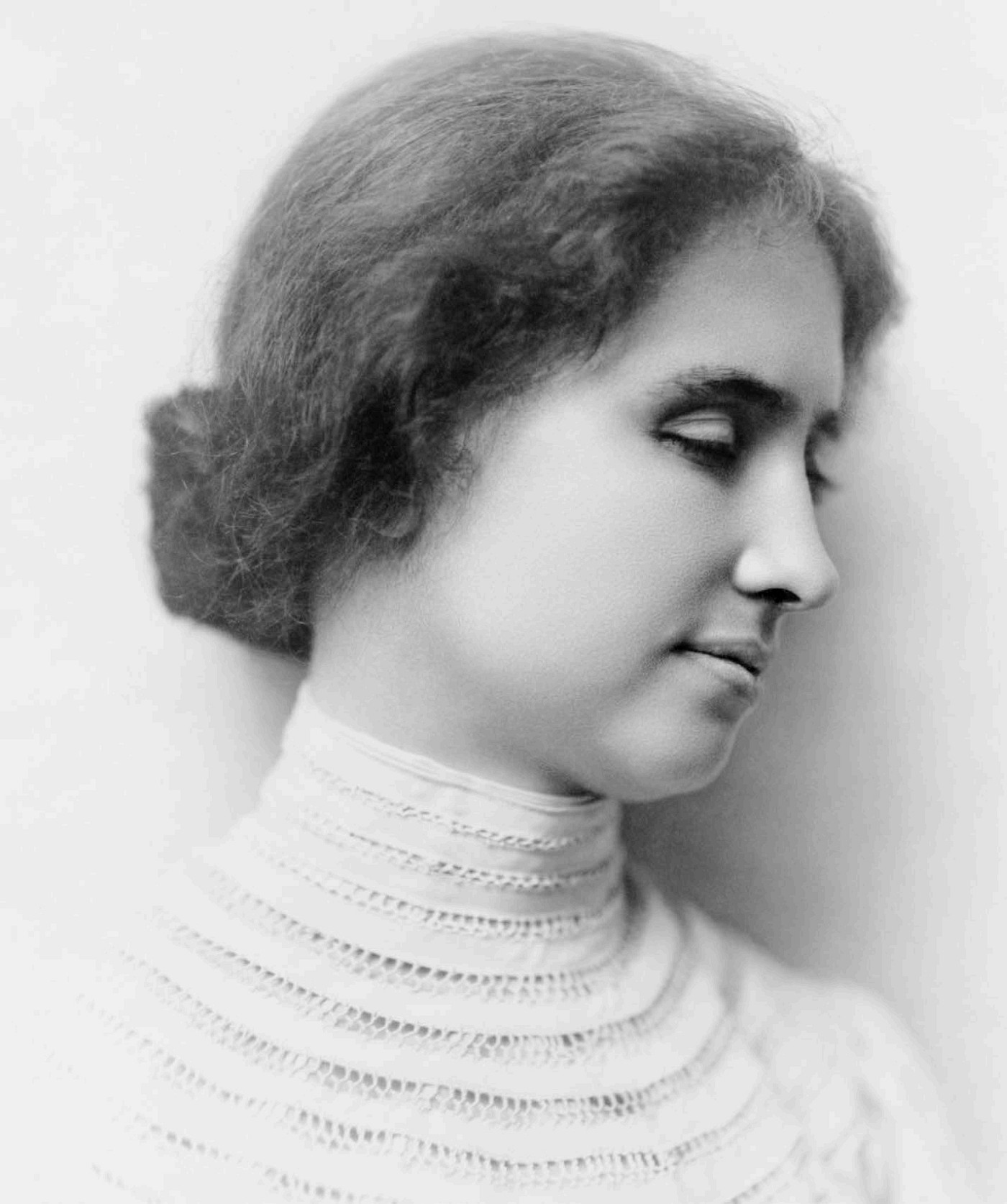 HELEN KELLER CHAPTER SIX BEING CONSIDERATE Being considerate is being polite and caring toward others. It means youre careful to avoid hurting people or purposefully making them feel bad. Good manners, such as saying please and thank you, are part of being considerate. It also means taking turns during games. It means you share with others.
HELEN KELLER CHAPTER SIX BEING CONSIDERATE Being considerate is being polite and caring toward others. It means youre careful to avoid hurting people or purposefully making them feel bad. Good manners, such as saying please and thank you, are part of being considerate. It also means taking turns during games. It means you share with others.
Next page
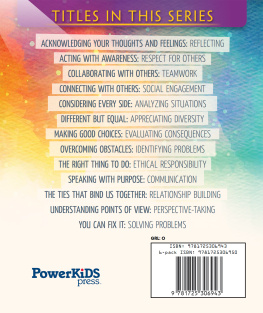


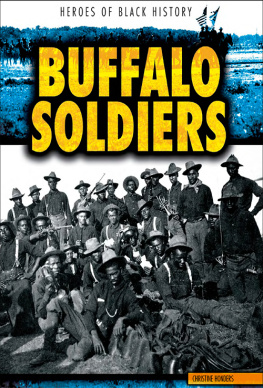
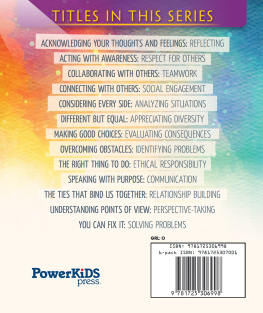
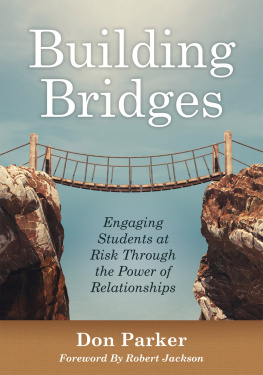
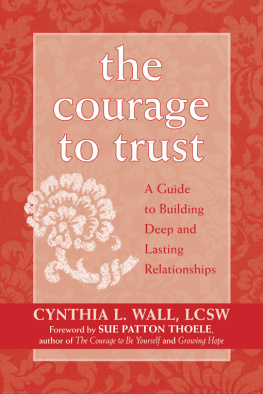


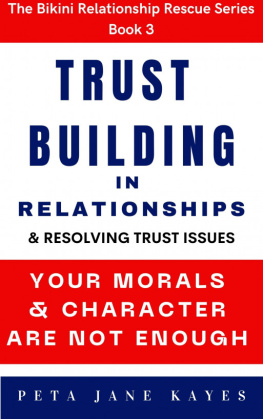
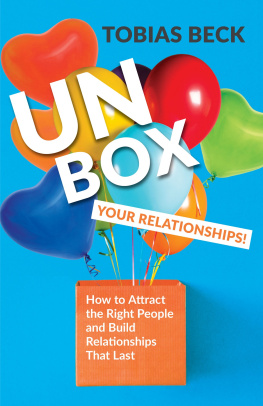
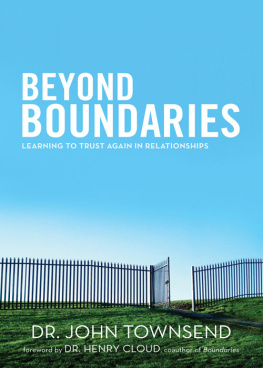
 Published in 2020 by The Rosen Publishing Group, Inc. 29 East 21st Street, New York, NY 10010 Copyright 2020 by The Rosen Publishing Group, Inc. All rights reserved. No part of this book may be reproduced in any form without permission in writing from the publisher, except by a reviewer. Editor: Rachel Gintner Designer: Michael Flynn Photo Credits: Cover Mike Harrington/Taxi/Getty Images; cover, pp.. Cataloging-in-Publication Data Names: Honders, Christine.
Published in 2020 by The Rosen Publishing Group, Inc. 29 East 21st Street, New York, NY 10010 Copyright 2020 by The Rosen Publishing Group, Inc. All rights reserved. No part of this book may be reproduced in any form without permission in writing from the publisher, except by a reviewer. Editor: Rachel Gintner Designer: Michael Flynn Photo Credits: Cover Mike Harrington/Taxi/Getty Images; cover, pp.. Cataloging-in-Publication Data Names: Honders, Christine. It takes everyones effort to make relationships strong.
It takes everyones effort to make relationships strong.
 The more time a parent and baby spend together, the greater their bond becomes. In this photo, Senator Tammy Duckworth arrives with her newborn to cast a Senate vote on April 19, 2018. Babies also show love back to their caregivers. They smile when they hear a familiar voice.
The more time a parent and baby spend together, the greater their bond becomes. In this photo, Senator Tammy Duckworth arrives with her newborn to cast a Senate vote on April 19, 2018. Babies also show love back to their caregivers. They smile when they hear a familiar voice. Even if you dont like your parents rules, you follow the rules because you want to show your parents that you respect them. CHAPTER FOUR COMMUNICATION You cant have a relationship without good communication. Communication means sharing themselves.
Even if you dont like your parents rules, you follow the rules because you want to show your parents that you respect them. CHAPTER FOUR COMMUNICATION You cant have a relationship without good communication. Communication means sharing themselves. 
 Compliments create a positive energy around people.
Compliments create a positive energy around people.  MARK TWAIN Helen Keller and author Mark Twain were great friends.
MARK TWAIN Helen Keller and author Mark Twain were great friends.  HELEN KELLER CHAPTER SIX BEING CONSIDERATE Being considerate is being polite and caring toward others. It means youre careful to avoid hurting people or purposefully making them feel bad. Good manners, such as saying please and thank you, are part of being considerate. It also means taking turns during games. It means you share with others.
HELEN KELLER CHAPTER SIX BEING CONSIDERATE Being considerate is being polite and caring toward others. It means youre careful to avoid hurting people or purposefully making them feel bad. Good manners, such as saying please and thank you, are part of being considerate. It also means taking turns during games. It means you share with others.